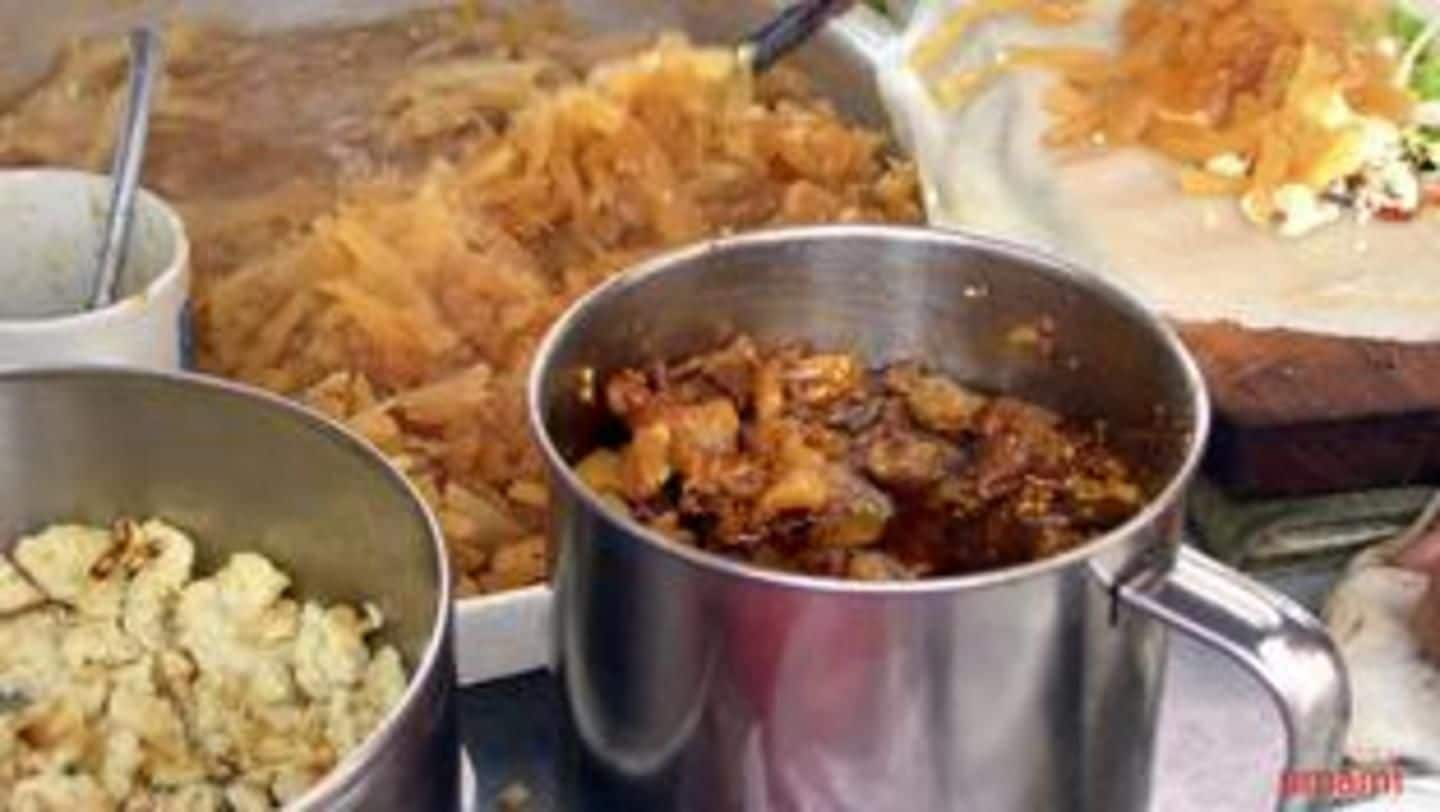
'Roti Bank' satiating hunger of the poor, gets good response
What's the story
In a bid to feed needy people, a retired IPS officer D Sivanandan in December 2017 launched "Roti Bank" in collaboration with Mumbai's famous tiffin carriers "Dabbawalas". The "Roti Bank" collects leftovers from restaurants, clubs, and parties in Mumbai, stores it in vans and distributes it to poor before the food gets stale. Sivanandan says "Roti Bank" is getting a good response. Here's more.
Food wastage
Nearly 1.8 lakh tons of food wasted every day: Sivanandan
Nearly 1.8 lakh tons of food is wasted every day in India and around 20 crore people, of whom a big number is in Mumbai, go hungry, Sivanandan said. "Since legal issues restrict eateries from distributing the leftover food to outsiders, we thought of channelizing it through our NGO," he said. Mumbai-born London-based business professional, Nitin Khanapurkar, launched a round-the-clock helpline number for it.
Food distribution
Two GPRS-equipped vans distribute food among needy people
As part of the initiative, two GPRS-equipped vans make rounds of streets near hospitals and slums to provide food to the needy people, Sivanandan said. "We have reached out to nearly 75,000 needy people in the city so far," he added. The NGO mainly collects leftover food staples like rotis, rice, vegetables, and dal to be distributed within 60 to 90 minutes.
Idea developed
Sivanandan got idea of 'Roti-Bank' from 'No Food Waste' mission
To bring about a sense of benevolence among the rich-class, Sivanandan encourages children from affluent families to "come and witness the joy of sharing (food)". He added that mitigating hunger of the street children would help them abstain from committing crime. Sivanandan said he got the idea from the "No Food Waste" mission being run in Chennai to end food waste and hunger.
Act as link
Mumbai's dabbawalas act as link between food wasters, seekers
Dabbawalas say they act as a link between "food wasters and seekers". "Our city has two facets, one where food is wasted in parties, restaurants and the other, where people go to bed empty stomach. We act like a chain between them," Mumbai Dabbawala Association spokesperson Subhash Talekar said. "We collect food and distribute it to nearly 700-800 people on weekends," he said.